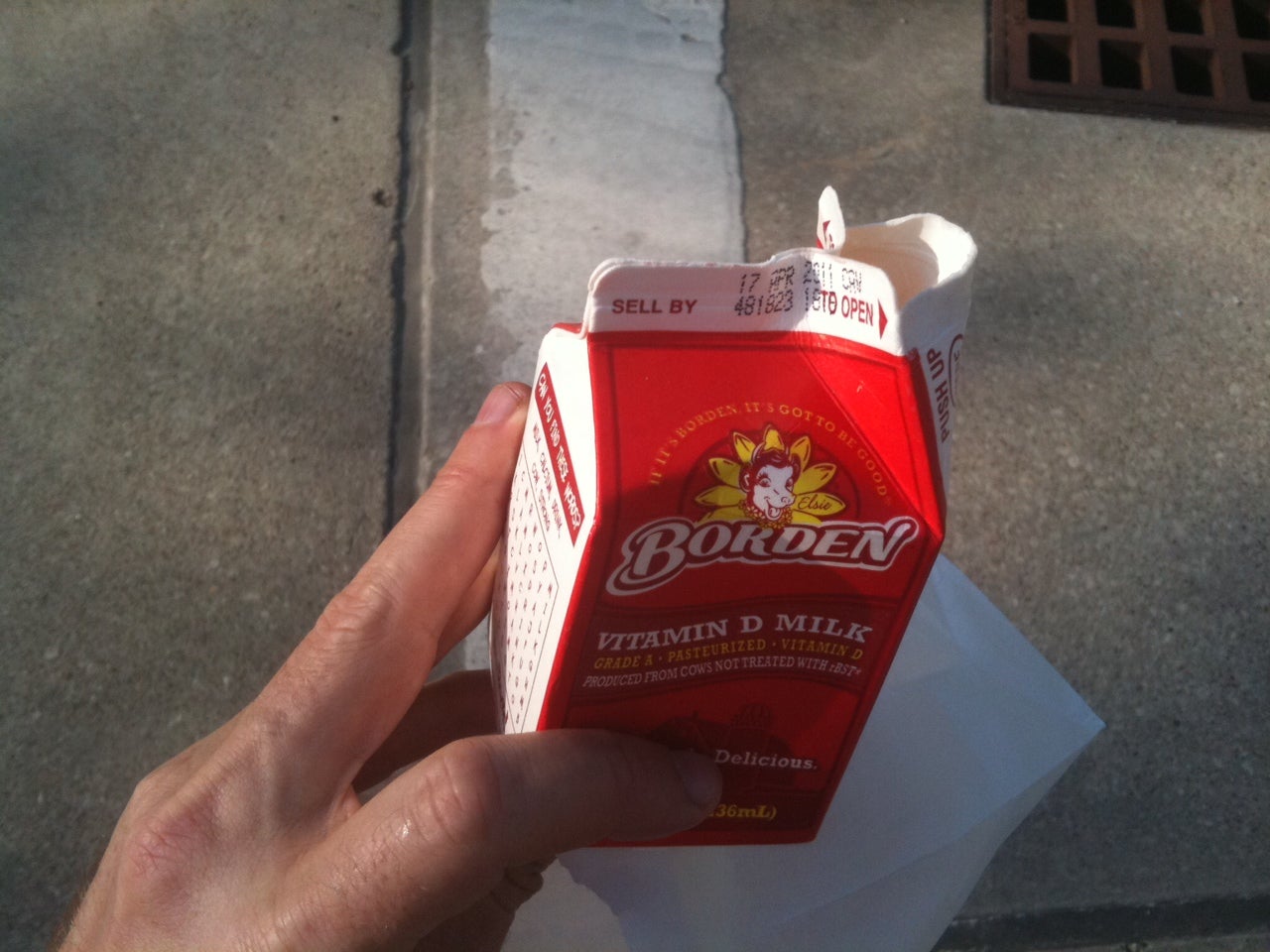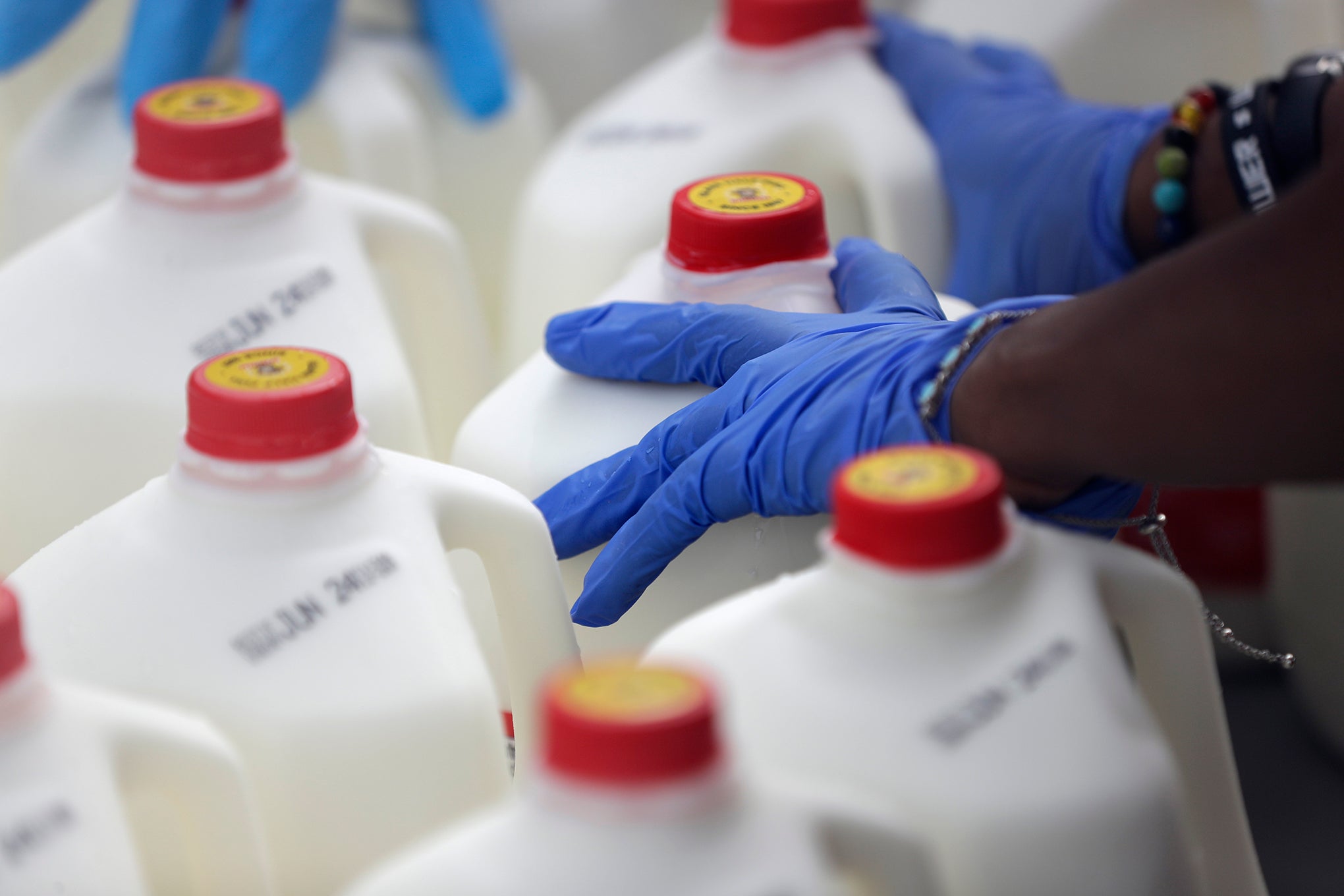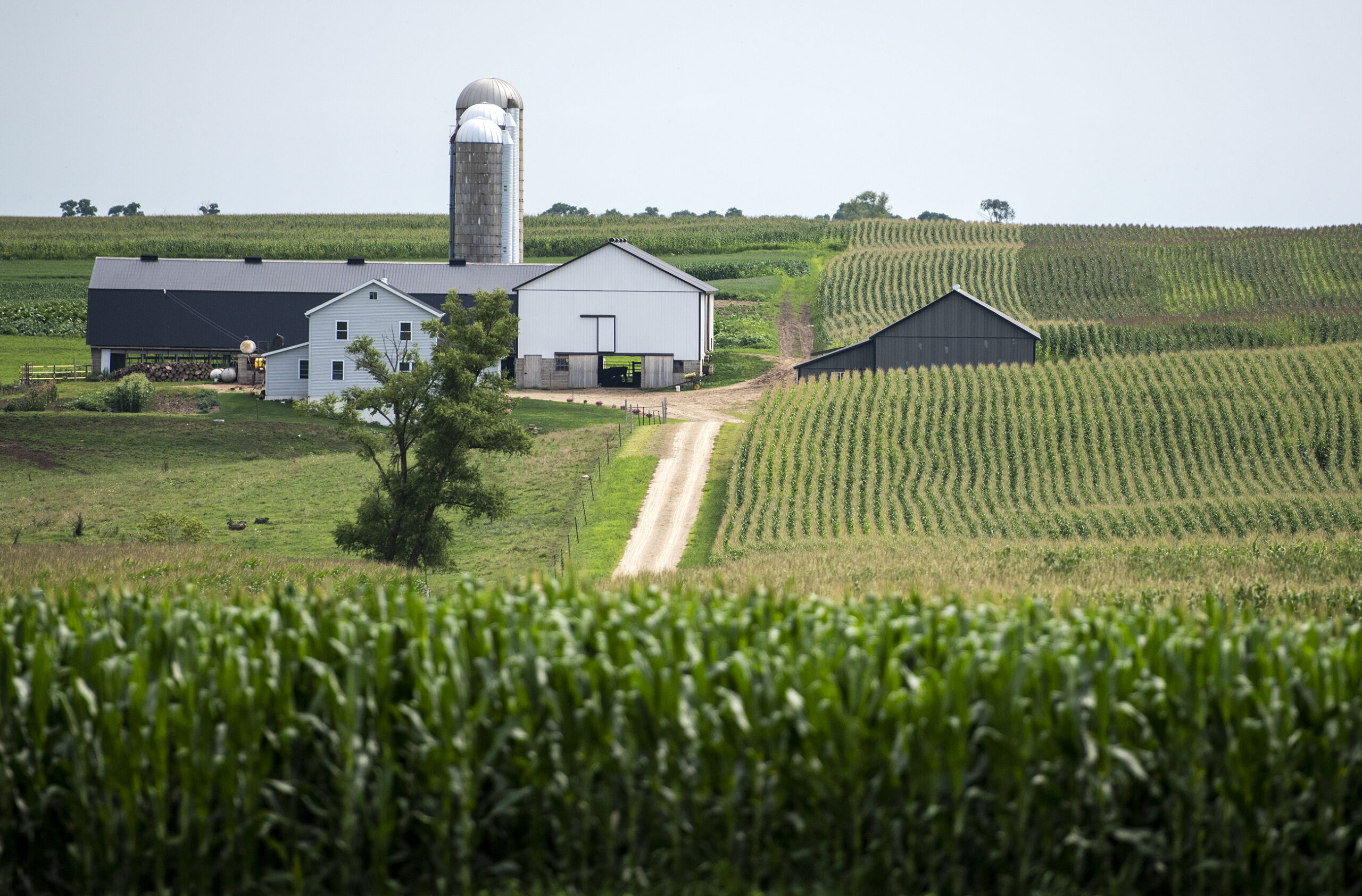Shutdowns at two plants left some school districts in the Dairy State scrambling to find milk for their students this fall, and is helping drive higher prices for those familiar half-pint cartons in lunch programs.
Bordon Dairy, which provided milk for school cafeterias, announced in May that it was cutting back on fluid milk production. Its Chemung, Ill., plant closed over the summer. And its De Pere, Wis., plant stopped producing fluid milk, shifting only to sour cream.
“This change will impact the production and distribution of various brand-named milk products distributed across Illinois and Wisconsin,” the statement read.
Stay informed on the latest news
Sign up for WPR’s email newsletter.
Laticia Baudhuin, director of school nutrition at the DC Everest School District in central Wisconsin, first heard about the closure not from the dairy itself, but from her milk distributor in late spring. She immediately shared the news with her network of other school nutrition directors, including Karen Fochs of the Wausau School District.
“I was in shock,” Fochs said. “Summer school was knocking on the door, and I have 10 summer school sites, and it required 1,500 cartons of milk a day.”
Schools are required to offer students milk as a part of the USDA’s National School Lunch Program. Without it, schools would lose funding for food, said Joyce Gaulke, food service director at the Westfield School District.
Eventually, these schools were able to secure bids for milk, but at a cost. Fochs said she paid 42 cents per carton for her district’s summer school needs, up from the 27 cents she had paid the previous school year. Gaulke said she has had to raise the price of a carton of milk for students from 30 cents to 50 cents.
Wausau, DC Everest, and Westfield are a part of the Wisconsin School Nutrition Purchasing Cooperative, which helped secure bids for the upcoming school year. The milk will cost about 30 percent more this year, said co-op coordinator Lisa Melby, adding that inflation and the way milk pricing works are also likely contributors to the increase.
Still, the scramble to secure contracts was alarming to the school nutrition directors.
“We are in the state of Wisconsin, we were a dairy state,” said Fochs. “We’re still very proud of the products that we produce in our state locally, we should be able to have fresh milk for our students.”
Baudhuin said although she technically has a contract for the fall, she’s still going back and forth with the new dairy about how frequently the milk will be delivered. In the past, her district has had daily milk deliveries, but she said the new company would like to deliver twice each week.
“We’re still playing this game,” she said. “And I don’t know, I think I’m just preparing to not have milk every day.”
Wisconsin Public Radio, © Copyright 2025, Board of Regents of the University of Wisconsin System and Wisconsin Educational Communications Board.







